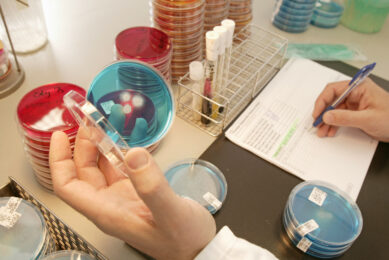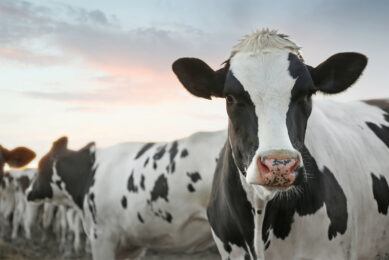Expert talk: We need to move or we will be moved
Apart from the environmental and animal welfare discussions on large scale farming, there is currently a huge debate about what health management in meat producing animals should look like in the future.
Scientists raise concerns about the use of antimicrobials in animals on zoonotic or food borne bacteria e. g. about MRSA or antibiotic resistant Campylobacter and see a risk of resistant bacteria in animals becoming harmful for humans. There is also lots of controversy on the magnitude of risk.
Furthermore some interest groups have a tendency to misconstrue the debate on antimicrobial use in animal production to support their campaign against large scale farming. This debate has an impact on political decisions.Therefore, politicians have or are about to implement plans to stop the so called ‘overuse and misuse’ of antimicrobials.
Denmark has introduced the yellow card system at the end of 2010 with the objective to further reduce antibiotic use over the next five years, the Dutch government has set the target to reduce the antimicrobial use in lifestock by 50% by the end of 2013 while France has set a 25% antimicrobial reduction target. I believe that this is the time for a more proactive approach from the industry.
Educational platforms like EPRUMA (European Platform for the Responsible Use of Medicines in Animals) to encourage responsible use of antimicrobials are steps in the right direction, however public and hence political perceptions are not yet affected by this. We have to accept that in Denmark the yellow card, which is based on a farm individual monitoring of antimicrobial use, has had an effect on the reduction of antimicrobials (see Vetstat). Also in the Netherlands, there is a visible trend towards reduction (see MARAN report). This provides interest groups and politicians the evidence, that there is further room for reduction of antimicrobial use on a European and global level.
Now, with the Danish Presidency, the council of the European Union has announced that there is time for action “by using the tools that have successfully been used in Denmark”.
If we want to ensure the future availability of antimicrobials in animal production, we have to proactively adress the areas where we have room for improvement. The vast majority of farmers and veterinarians apply the rules of responsible use of antimicrobials. We all know, however, that there are huge variations in antimicrobial use between different farms. Especially the outliers on the high side do not contribute to a positive public image of our industry. Therefore, first of all farms should identify their status quo on their own, in order to be able to benchmark. There are online systems available, like the antibiotic calculator (AB check) from Ghent University, where farmers and veterinarians can assess their treatment incidence. This kind of benchmarking allows them to seewhere they stand and provides them with the ability to react individually. Additional bureaucracy is not necessary for this.
However, if the industry remains in the defence mode, a top down system will be imposed. We should accept that we need to move or we will be moved – thus, improved management practices, broader use of preventative measures like biosecurity, and vaccinations need to be implemented more proactively. PP











